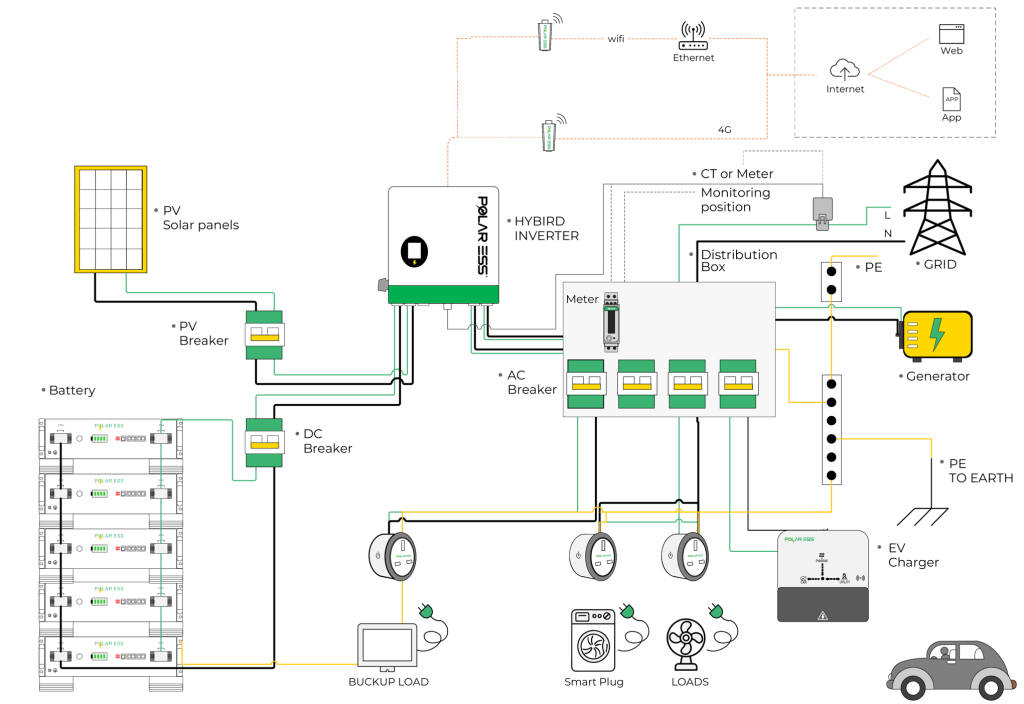Residential energy storage systems have gained significant attention in recent years due to their potential to revolutionize the way we consume and store energy. These systems allow homeowners to store excess electricity generated from renewable sources, such as solar power, for later use. In this research article, we will explore the various aspects of residential energy storage systems and discuss their selection criteria.
The Importance of Residential Energy Storage Systems
Residential energy storage systems play a crucial role in achieving sustainable and efficient energy consumption at the household level. By storing surplus electricity during periods of low demand or high generation, these systems help reduce reliance on traditional grid infrastructure and promote self-sufficiency. Moreover, they enable homeowners to utilize clean energy even when the primary source is not available or during peak hours when utility rates are higher.
Find more about home battery.
The Role of Home Batteries in Residential Energy Storage Systems
Home batteries are an integral component of residential energy storage systems. These rechargeable devices store electrical energy for later use by converting it into chemical potential through electrochemical reactions. They offer several advantages, including high efficiency, long lifespan, and rapid response time. Additionally, home batteries can be easily integrated with existing solar power installations or connected directly to the grid.
The Integration of Solar Power Systems with Residential Energy Storage
solar power systems have become increasingly popular among homeowners seeking renewable alternatives for electricity generation. When combined with residential energy storage systems, solar panels provide a consistent supply of clean energy throughout the day and night. Excess solar-generated electricity can be stored in home batteries instead of being fed back into the grid or wasted. This integration maximizes self-consumption while minimizing dependence on fossil fuel-based sources.
Conclusion

In conclusion, residential energy storage systems offer a promising solution to address the challenges of sustainable energy consumption. By incorporating home batteries and integrating with solar power systems, homeowners can optimize their energy usage, reduce reliance on traditional grid infrastructure, and contribute to a greener future. The selection of an appropriate residential energy storage system should consider factors such as capacity requirements, efficiency ratings, lifespan, cost-effectiveness, and compatibility with existing renewable energy installations.


